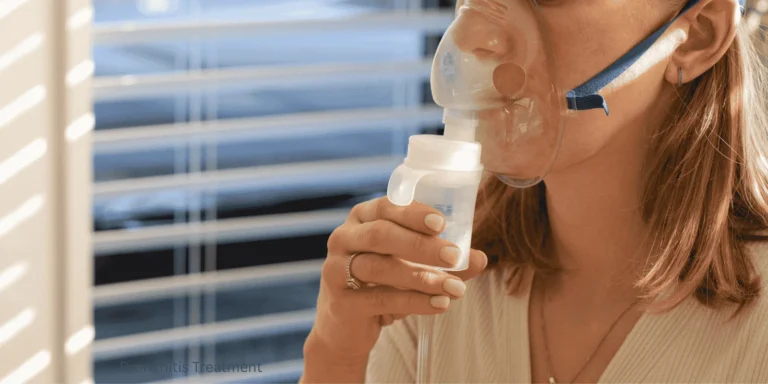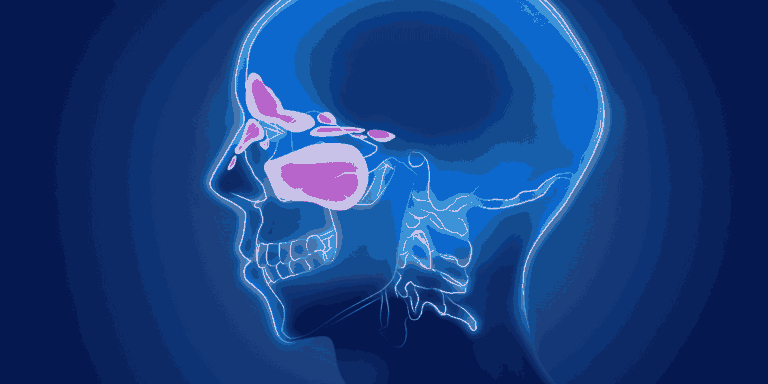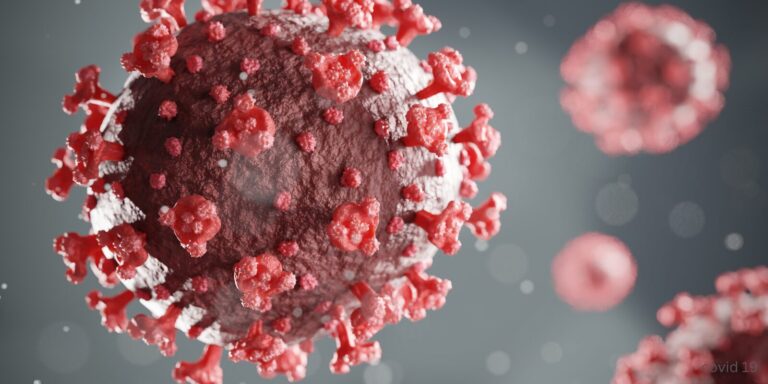Leaving strep throat untreated can lead to serious, potentially life-threatening complications. While some people might recover without antibiotics, the risks of complications make treatment essential whenever strep throat is diagnosed.
Why untreated strep is dangerous: Streptococcus pyogenes bacteria can spread beyond the throat to other body parts, triggering inflammatory responses that damage organs. The bacteria can also trigger autoimmune reactions where the body attacks its own tissues.
Serious complications that can develop:
Rheumatic fever is one of the most serious consequences, typically developing 2-4 weeks after untreated strep. This condition can permanently damage the heart valves, leading to lifelong cardiac problems. Symptoms include joint pain, heart problems, involuntary movements, and skin rashes.
Post-streptococcal glomerulonephritis affects the kidneys, causing inflammation that can lead to kidney damage. Signs include blood in urine, swelling (especially around eyes and ankles), high blood pressure, and reduced urine output.
PANDAS (Pediatric Autoimmune Neuropsychiatric Disorders Associated with Streptococcal infections) can occur in children, causing sudden onset of obsessive-compulsive behaviors, tics, and other neuropsychiatric symptoms.
Local spread complications:
- Peritonsillar abscess: Infection spreads to tissues around the tonsils, causing severe pain and difficulty swallowing
- Retropharyngeal abscess: Infection moves to the back of the throat, potentially blocking the airway
- Sinusitis or ear infections: Bacteria spread to nearby sinus cavities or middle ear
Systemic spread complications:
- Pneumonia: Bacteria reach the lungs
- Meningitis: Infection spreads to brain and spinal cord membranes
- Sepsis: Bloodstream infection that can be life-threatening
- Necrotizing fasciitis: Rare but serious “flesh-eating” infection
Timeline for complications: Some complications develop during active infection (abscesses, pneumonia), while others appear weeks later (rheumatic fever, kidney problems). This delayed onset means the danger period extends well beyond the initial throat symptoms.
Recovery without treatment: While untreated strep throat symptoms typically resolve in 7-10 days, this natural recovery doesn’t eliminate complication risks. The bacteria may clear from the throat but still trigger delayed autoimmune responses.
Prevention through early treatment: Starting antibiotics within 9 days of symptom onset effectively prevents rheumatic fever and other serious complications while providing rapid symptom relief.
If you suspect strep throat, ChatRx can quickly evaluate your symptoms and prescribe appropriate antibiotic treatment to prevent these serious complications.












